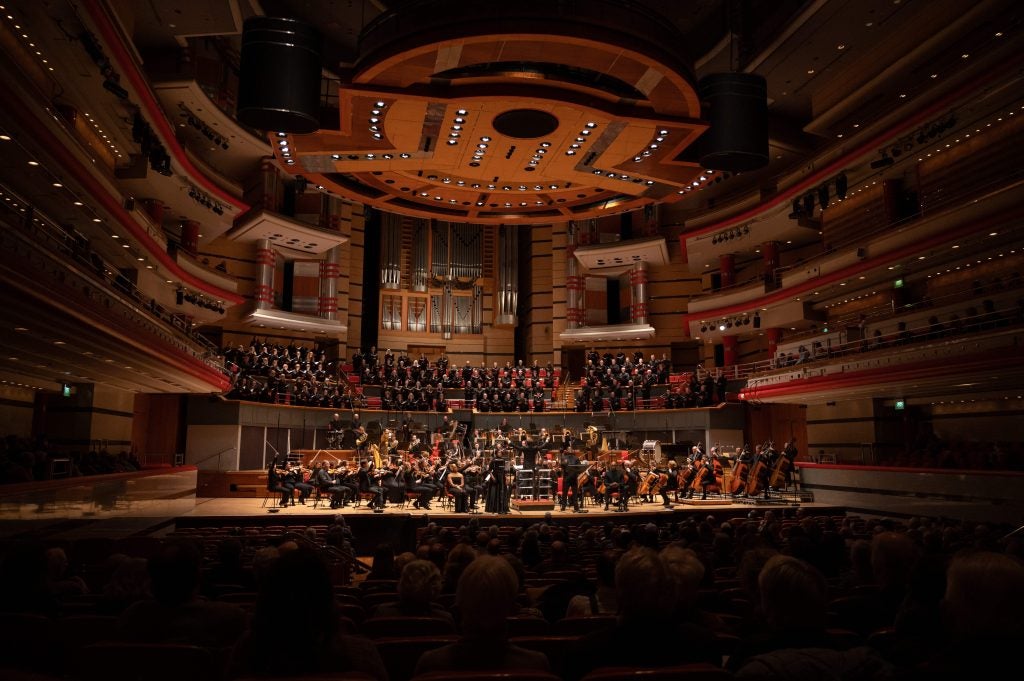
It’s Valentine’s Day, and accountancy firm HW Fisher outlines what Marriage Tax Allowance is, how it works and how you can claim it, plus other tax breaks available to married couples and those in civil partnerships.
HW Fisher tax manager, Trusha Shah, explains: “It might not be the most romantic reason to propose, but there are tax benefits to consider if you are getting married. Eligible married couples, or those in a civil partnership can reduce their tax by up to £252 via the Marriage Allowance.”
What is Marriage Allowance?
Marriage Allowance lets you transfer £1,260 of your Personal Allowance to your husband, wife or civil partner. This reduces their tax by up to £252 in the tax year (6 April to 5 April the next year).
To benefit as a couple, you (as the lower earner) must normally have an income below your Personal Allowance – this is usually £12,570.
Who can apply?
How well do you really know your competitors?
Access the most comprehensive Company Profiles on the market, powered by GlobalData. Save hours of research. Gain competitive edge.

Thank you!
Your download email will arrive shortly
Not ready to buy yet? Download a free sample
We are confident about the unique quality of our Company Profiles. However, we want you to make the most beneficial decision for your business, so we offer a free sample that you can download by submitting the below form
By GlobalData- If you’re married or in a civil partnership
- If you do not pay Income Tax or your income is below your Personal Allowance
- Your partner pays Income Tax at the basic rate – this means their income is between £12,571 and £50,270
You cannot claim Marriage Allowance if you’re living together but you’re not married or in a civil partnership.
Shah adds: “In addition to Marriage Tax Allowance, there are a number of potential tax breaks that might be available for both married couples and civil partners.”
These include:
- Wedding gifts – As a wedding gift, each parent can give up to £5,000, and grandparents up to £2,500 to the newlyweds without facing any tax implications.
- Inheritance Tax – If you’re married and your partner dies, the surviving spouse won’t have to pay inheritance tax (IHT) on their partner’s assets. You will also inherit your spouse’s unused inheritance tax allowance, potentially doubling their IHT allowance when they pass on assets to the next generation.
- Capital Gains Tax – All individuals have their own capital gains (CGT) allowances, but if you are married, transfers between spouses can be exempt from CGT. This means, it is possible to transfer assets between each other to make the most of your partners tax free allowance. However, the transfer must be a genuine gift and it’s not possible to reverse in the case of divorce.






